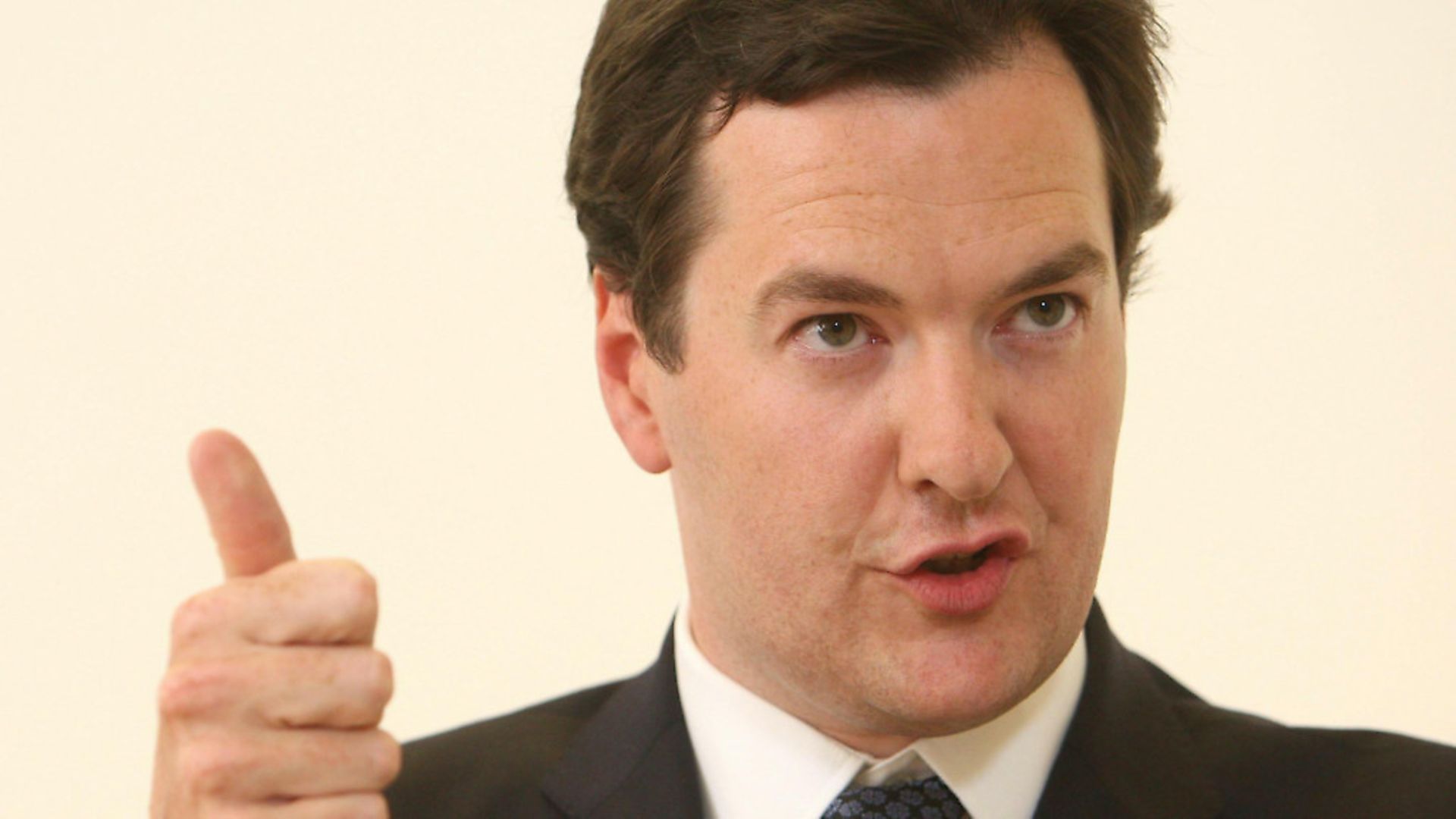
The local elections won’t even get close to addressing the biggest issue facing councils, says PETER HETHERINGTON
Elections will be held in council areas across England next week with a wide range of local issues on the table. But the most important doesn’t seem to be on the agenda at all – the very survival of local government.
English local councils, which consume a quarter of public spending, have seen government funding cut by almost 50% in seven years, according to the National Audit Office (NAO). One authority – Tory-run Northamptonshire – has run out of cash and six others are at risk of going under. Quantifying the unprecedented onslaught on the local state, the NAO warned many councils are becoming barely sustainable, and questioned whether the Whitehall department ostensibly meant to oversee them – the Ministry of Housing, Communities and Local Government – understood the real impact of cuts that have been imposed.
Worse still, the government can’t say how English councils will be funded after 2020 because a finance bill, meant to reform local taxation, fell before last year’s general election. It has not been resurrected. The idea, from former Chancellor George Osborne, was to cut a vital Whitehall grant to councils and instead hand them control of business rates. He portrayed this as the ultimate devolution settlement and the move was naturally warmly welcomed by the richest councils, such as Westminster. But bad luck for scores of poorer councils with low tax bases.
Almost everyone, apart from the hard ideological right, accepts a variation of the current formula, balancing local needs with resources and compensating councils for a shortfall, will have to be applied to any system. But government is unable to say what it might be. Last year it launched a ‘fair funding review’, but can’t say when it will be completed.
A nightmare scenario, dismissed as scaremongering by senior ministers until recently – literally, the collapse of local government as we know it – is unfolding, with the government still in denial about the consequences of town and county halls becoming technically insolvent. Unlike Whitehall departments and government agencies, they have a legal duty to balance their books.
‘While we think half a dozen are in a very, very dire financial state, possibly another 100 or so are worried about delivering services this year,’ warns Jonathan Carr-West, chief executive of the LGIU, the leading local government think tank. ‘It’s extraordinary that this has not become more of a national scandal.’
The consequences lie before our eyes: pot-holed roads barely usable; bin collections reduced; libraries, swimming pools, leisure centres, childrens’ centres shut; parks seemingly abandoned; bus services slashed. These are classed as ‘non-statutory services’. All resources are now poured into ‘social care’ – adult and children’s services – accounting for well over half of council spending. By 2020, the Local Government Association calculates a funding gap of £5 billion.
Osborne saw local government as a seemingly easy target, ably supported by a bullish Sir Eric Pickles, who, as Communities Secretary happily volunteered council cuts and complained – to the horror of the organisations representing senior council finance officers – authorities could easily dip into their reserves to make ends meet. The result? There’s little left to dip into.
Liverpool has probably been hit harder than any other authority and its elected mayor, Joe Anderson, says even if the city council closed all 19 libraries and nine sports centres, stopped maintaining its 140 parks, abandoned road maintenance and street cleaning, switched off 50,000 street lights, it would save only £68 million – £22 million short of what the city must cut by 2020.
These issues should be a priority next week. But they are not.
Few participants, least of all Labour, want to create any hostages to fortune with detailed promises to reinvigorate town and county halls and, crucially, develop new funding streams for beleaguered councils. That would, apparently, be asking too much.









